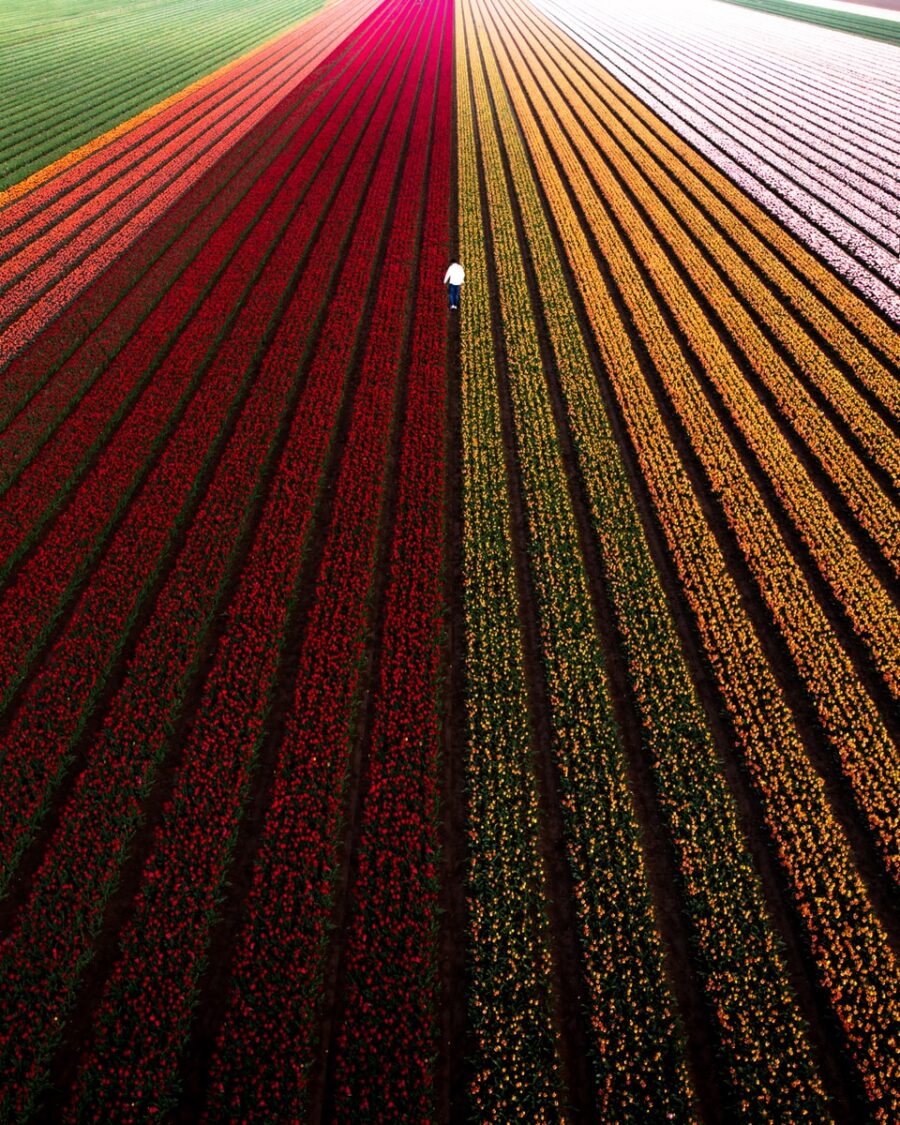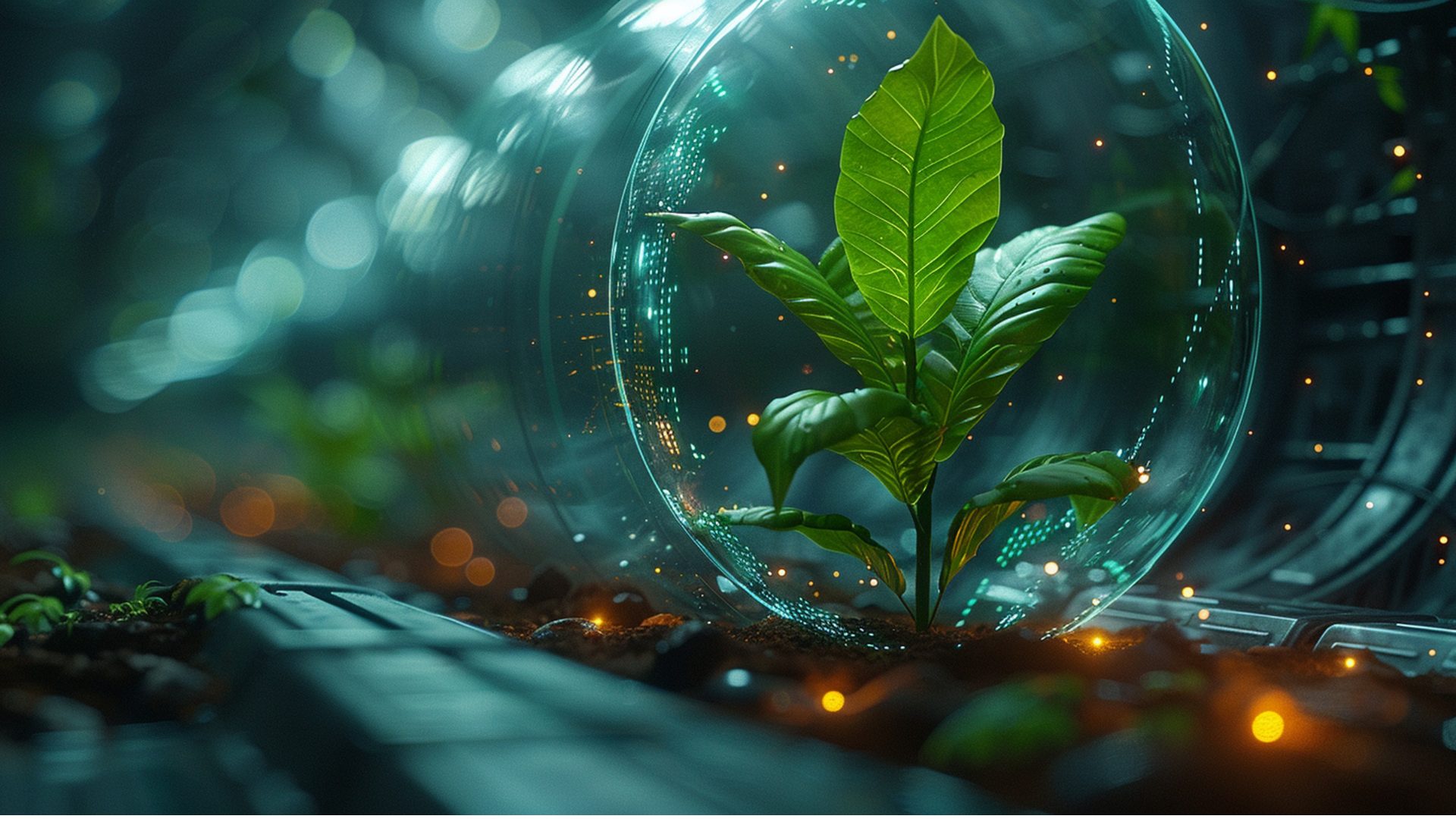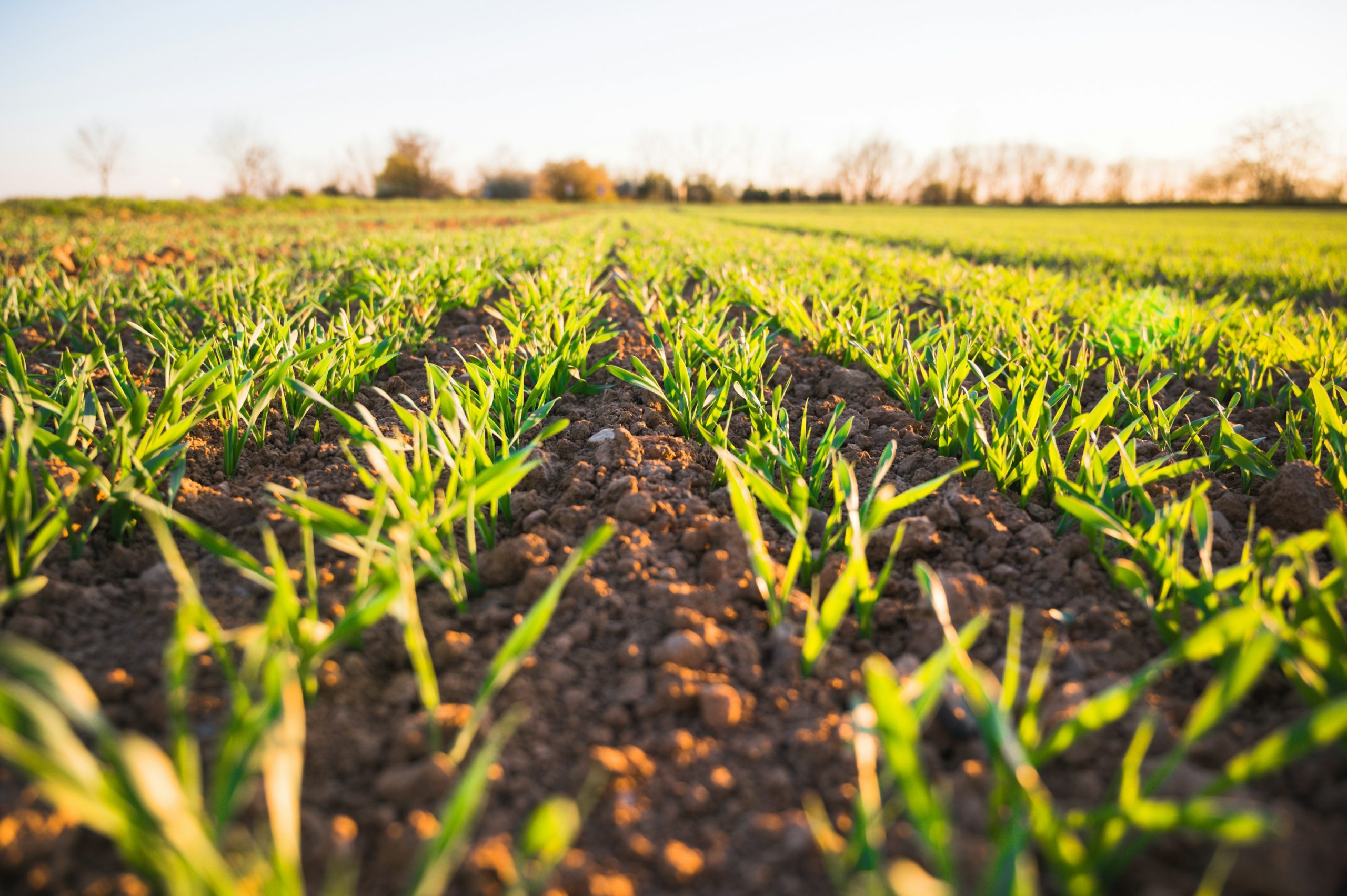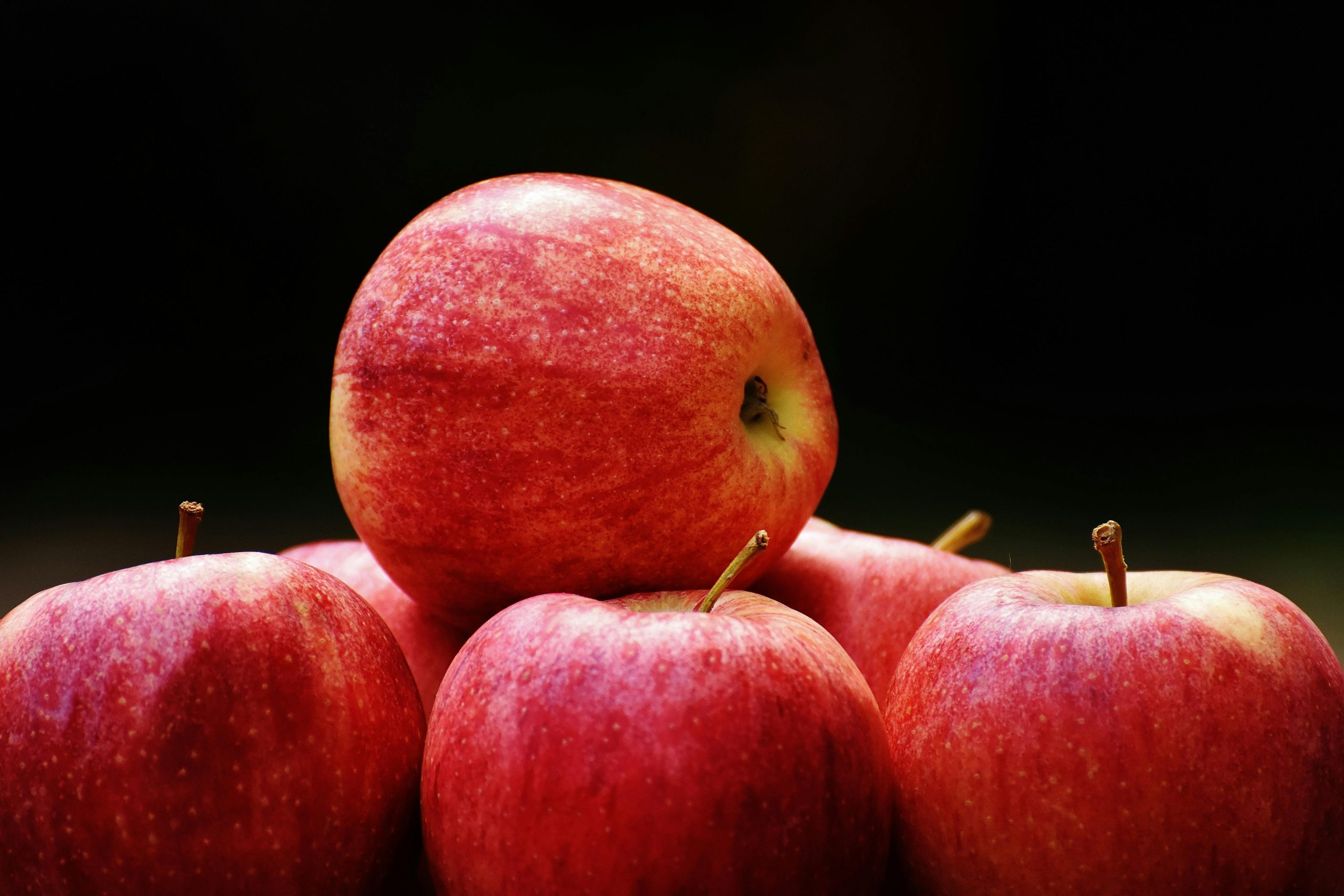These days, more farmers and food companies are embracing regenerative agriculture farming principles. Their main motivations: to create healthier soil and improved growing conditions, in order to achieve higher yields, produce high-quality, nutrient-dense food, and sequester CO2 emissions to protect against climate change.
Terviva, a regenerative food and agriculture company, is working with farming communities around the world to grow and source the pongamia tree, a subtropical legume tree that produces beans that are rich in oil and protein.
The company, which has raised over $100 million in equity capital, is launching “a regenerative food system that satisfies consumers’ appetites for quality plant-based ingredients that are responsibly sourced and sustainable”, said Naveen Sikka, CEO of Terviva, in a March 16 press release.
Terviva’s goal is to promote sustainability by working with farming communities to provide carbon sequestration, improved soil health and water quality, and enhanced biodiversity. The beans from the pongamia tree are processed into oil, flour, and protein powder under the Ponova brand name. The Ponova ingredients are deforestation free, non-GMO, and reportedly have low carbon intensity while containing all nine essential amino acids.
New Barn Organics uses regenerative organic ingredients. Unlike most almond milk produced in the U.S. that uses almonds grown in California (which suffers from droughts), the company uses heirloom-variety almonds that come from a cooperative of small family farms in Spain.
Those almonds are dry farmed, meaning the trees rely only on rainfall for their water after being irrigated for the first few months of their lives for proper root development. Its coconuts are sourced from a collective of small family farms that use regenerative farming practices such as mulching.
SUSTAINABLE AQUACULTURE
Lemnature AquaFarms USA, Inc. shared its sustainable aquaculture story at July’s IFT FIRST event in Chicago. The company grows Lemnaceae, a high-protein aquatic plant that doubles biomass every 48 hours.
Matthew Van Ert, Ph.D., head of growth, Lemnature AquaFarms USA, Inc. told The Food Institute: “The Lemnaceae aquatic plant and our proprietary aquafarms are at the core of our sustainability story – they do not require arable land, produce 10-fold more plant-based protein per unit area than traditional crops, eliminate the need for pesticides and our ‘water positive’ approach mitigates fertilizer runoff pollution.”
The company sells protein and fiber ingredients under the Lemnature brand name.
REGENERATIVE SEAWEED MARICULTURE
Blue Evolution claims that it has pioneered regenerative seaweed mariculture.
The company has two seaweed farms – one in Baja California and the other in Kodiak, Alaska. Blue Evolution says that farming seaweed is sustainable and regenerative by producing a nutritious crop without the need for fresh water, arable land or fertilizers and pesticides while reducing ocean acidification, improving water quality, and sequestering carbon.
The company built what it calls the most advanced kelp operation in North America in Kodiak in partnership with local fishermen and tribes to operate with 100% renewable energy via a fully renewable electricity grid. Applications for Alaskan wakame (Ribbon Kelp) puree and whole leaf are in plant-based meats, sauces, or salads while the Sea Lettuce powder and flakes can be used as a substitute for autolyzed yeast or MSG to impart umami flavor.
Virginia Lee is a food and drinks market researcher. She has advised companies on innovation and market entry opportunities in consumer-packaged goods at Euromonitor International, Brightfield Group, and Innova Market Insights. Connect with Virginia on Twitter and Instagram at @VirginiaALee.











